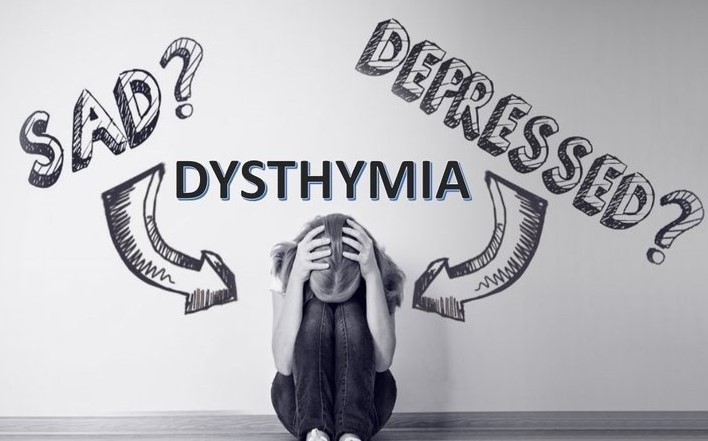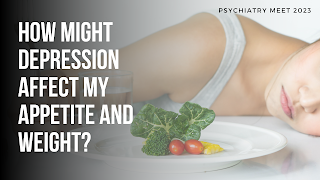Dysthymia: Symptoms
Dysthymia, commonly referred to
as persistent depressive disorder, is a mental and behavioural condition that
predominantly affects mood. It shares many of the same cognitive and physical
issues as major depressive disorder, but its symptoms endure longer. Robert
Spitzer substituted the idea for the phrase "depressive personality"
in the late 1970s.
Depression is a mental health
condition that affects your body, emotions, and thoughts. It has an impact on
your eating and sleeping habits, as well as how you think and feel about
yourself. It differs from being depressed or having a "blue" mood. It
cannot be willed or hoped away, and neither is it a sign of weakness. People
who are depressed are unable to "snap out of it" and recover. The key
to rehabilitation is treatment. Dysthymia affects women twice as often as men.
Some people may also have depression or bipolar disorder.
Dysthymia is milder, yet more long lasting than major depression. Each person may experience symptoms differently. Symptoms may include: Lasting sad, anxious, or “empty” mood
- · Lasting sad, anxious, or “empty” mood
- · Less ability to concentrate, think, and/or make decisions
- · Less energy
- · Fatigue
- · Feeling hopeless
- · Weight and/or appetite changes due to over- or under-eating
- · Changes in sleep patterns, such as fitful sleep, inability to sleep, early morning awakening, or sleeping too much
- · Low self-esteem




Comments
Post a Comment